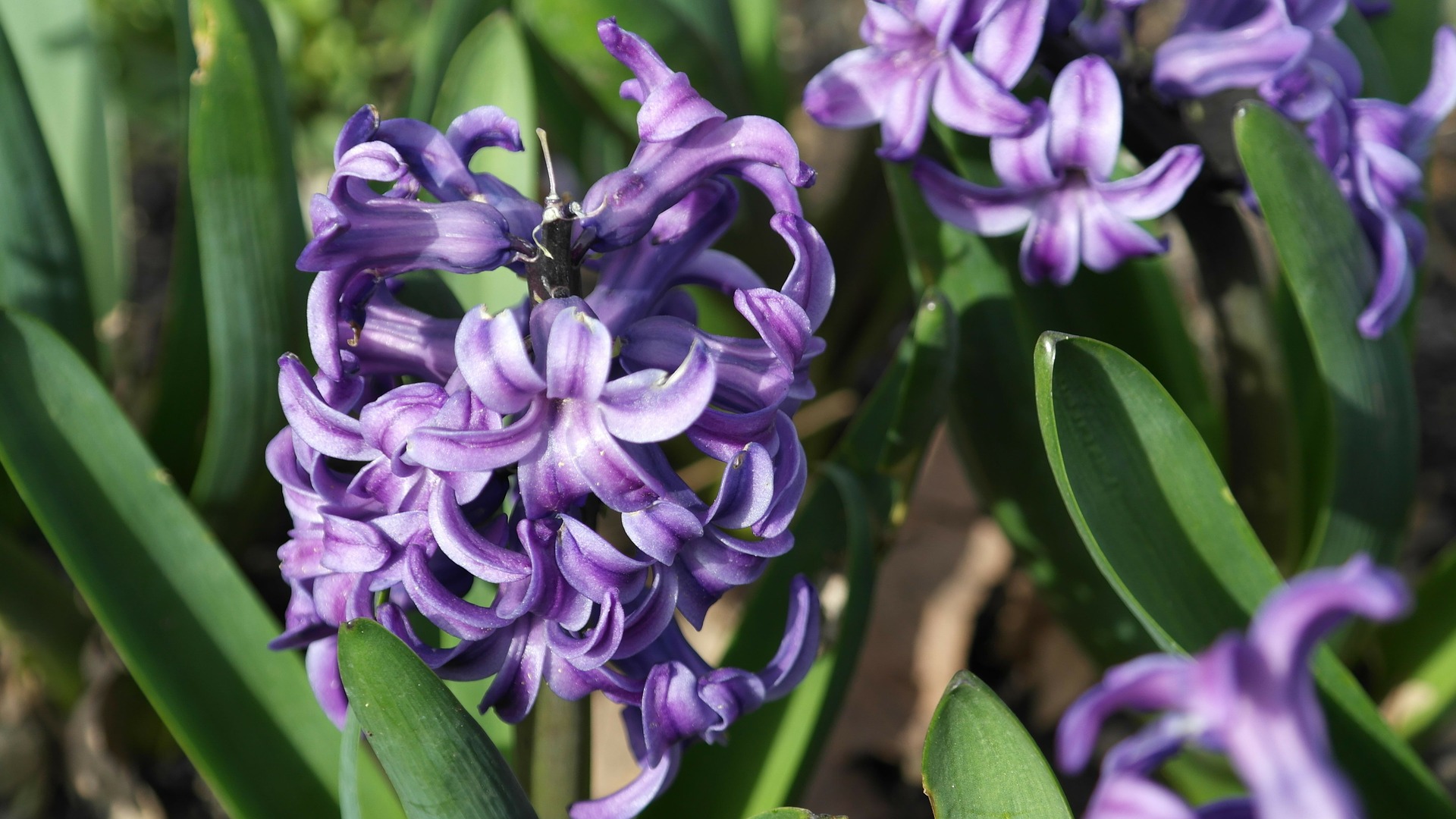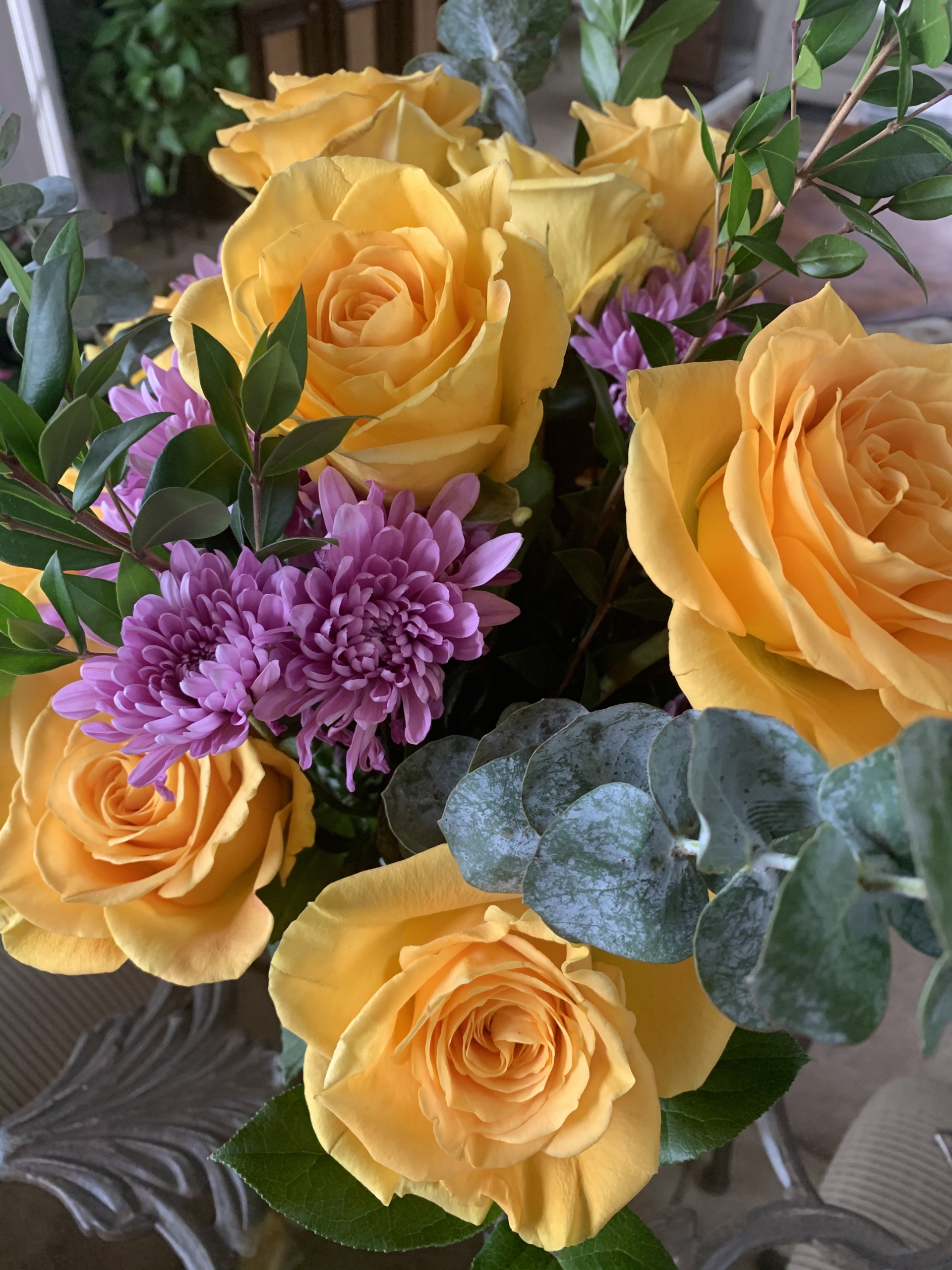Forgive Others First
All she ever wanted was for someone to love her. She didn’t deserve to die.
The man shot her at point-blank range. The gunshot wound at the temple left her breathing but not alive for two days. Not her first brush with domestic violence, but on a cold day in January, the bullet became her last.
As I sat in the parole hearing, two choices circled in my head. Carry the anger and disgust for the man who killed my sister or forgive him.
The man responded to the parole officer’s questions, but I heard no remorse. He followed the rules. The prison library and time had allowed him to study and make his case. A large folder of evidence held the reasons he should receive an early release.
The six-year prison term for taking a life seemed bad enough. Now, he wanted freedom after only two years. Why should he be free?
The officer turned to me. What did I want to share?
Twenty-six years have passed since that day. I will never forget my words.
“This man lost a few years of his life in confinement. We lost a daughter, a sister, a mother. She will never laugh with us. Her bright smile will never flash across a family photograph.
I can forgive the man, but I can never forgive the action. He took a life—a life he did not respect or value. When he did that, he also took the life of an entire family.”
The pain of that loss has never left. I did not foresee that forgiving myself would turn into a lifelong process. Conversations from the past haunted me.
What else could I have done? I was ten years older and had cared for my sister and her twin since they were babies. The story becomes more complicated, but I began to learn that some things lay beyond my control.
“It’s toughest to forgive ourselves. So, it’s probably best to start with other people. It’s almost like peeling an onion. Layer by layer, forgiving others, you really do get to the point where you can forgive yourself.” —Patty Duke
Forgive Yourself
Forgiving yourself doesn’t happen once. And yes, it does resemble peeling an onion one painful layer at a time. Until you understand the freedom of forgiveness the peace you seek remains elusive.
You cannot control the waves crashing on the shore. Learning what lies within your control and what does not becomes the first lesson.
I could not control the choices my sister made or the events that shaped her life and death. These big moments loom over us, but the small everyday occurrences wear us down. If you have any perfectionist tendencies, you know exactly what I mean.
Every time I have pulled back all the layers, another one stares me in the face. Letting go of shame and fear, I have discovered who I am at my core.
Others may have seen it all along. By forgiving myself, I have found an inner peace that no one can erode.
The reasons for forgiving ourselves are the same as for forgiving others. It is how we become free of the past. It is how we heal and grow. It is how we make meaning out of our suffering, restore our self-esteem, and tell a new story of who we are. If forgiving others leads to an external peace, forgiving ourselves leads to an internal peace. –Desmond Tutu, The Book of Forgiving
The Step to Becoming Your Best
I used to act as if pleasing people validated my self-worth. Nothing could be further from the truth. Self-worth comes from within.
But first, I had to forgive myself. As I accept myself—the good and the not so good—I discover the gift of knowing me.
When we are unforgiving of ourselves, we experience the same harmful emotional and physical effects as when we are unforgiving of others. Holding on to self-blame keeps us stuck in a prison of the past and limits the potential that lies within the present moment. –Desmond Tutu, The Book of Forgiving
What did I miss along the way to forgiving myself? I will never know. The past and what could have been no longer matter to me. The invisible chain that clung to my heart has fallen away.
Accepting that I am, and always have been, enough frees me to be and become my best. That best is far from perfect. Chasing perfect condemns us to a life of disappointments.
I see the potential in you and in me to look for excellence in every action. Excellence does not equate to perfect. When we work at becoming our best, we look inward with honesty and outward with hope. I can be better tomorrow.
This may be the most important thing—that we learn to grant ourselves mercy. That we forgive ourselves, that we accept our pain, mistakes, and vulnerability, and somehow manage to love ourselves and our own lives. –Mary Pipher, Women Rowing North
The Hyacinth
Legends claim that the purple hyacinth symbolizes sorrow and forgiveness. In Greek mythology, Hyakinthos was accidentally killed. On the spot where he died, a Hyacinth grew from his blood. Apollo’s tears turned the Hyacinth purple.
“Take a walk through the garden of forgiveness and pick a flower of forgiveness for everything you have ever done. When you get to that time that is now, make a full and total forgiveness of your entire life and smile at the bouquet in your hands because it truly is beautiful.”
—Stephen Richards, Forgiveness and Love Conquers All: Healing the Emotional Self



 “Take a walk through the garden of forgiveness and pick a flower of forgiveness for everything you have ever done. When you get to that time that is now, make a full and total forgiveness of your entire life and smile at the bouquet in your hands because it truly is beautiful.”
“Take a walk through the garden of forgiveness and pick a flower of forgiveness for everything you have ever done. When you get to that time that is now, make a full and total forgiveness of your entire life and smile at the bouquet in your hands because it truly is beautiful.”
Leave A Comment